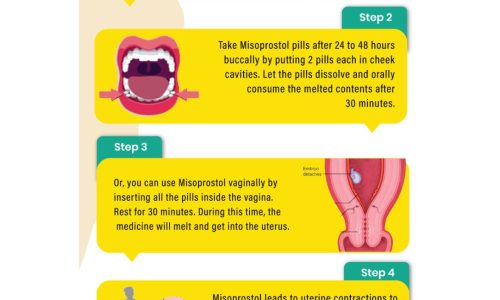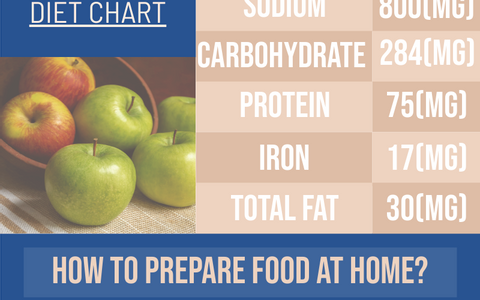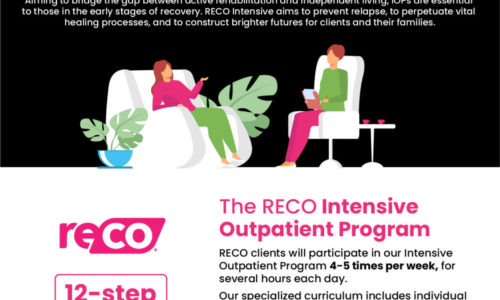With the implementation date drawing closer, ICD-10 continues to be a much-discussed topic among healthcare professionals. ICD-10 code sets will replace the ICD-9 sets on October 1, 2014.
With this conversion, physician documentation will need to be more specific and detailed than for ICD-9 coding. The new codes will affect the medical classification for diseases, signs and symptoms, abnormal findings, and injuries.
The transition to ICD-10 will be challenging for medical practices. This infographic explains some of the important tips for a successful ICD-10 transition.

![]()








